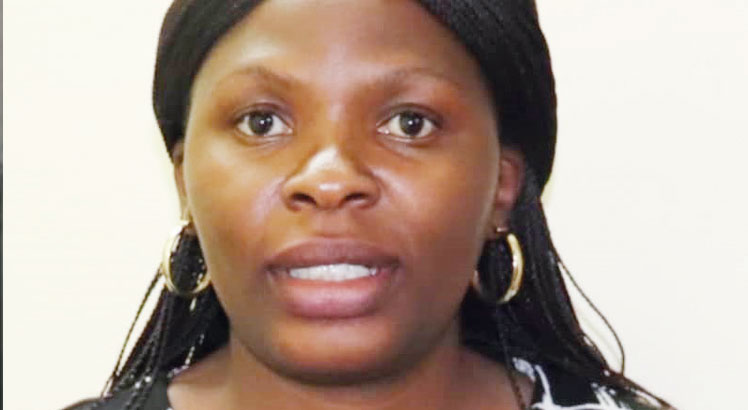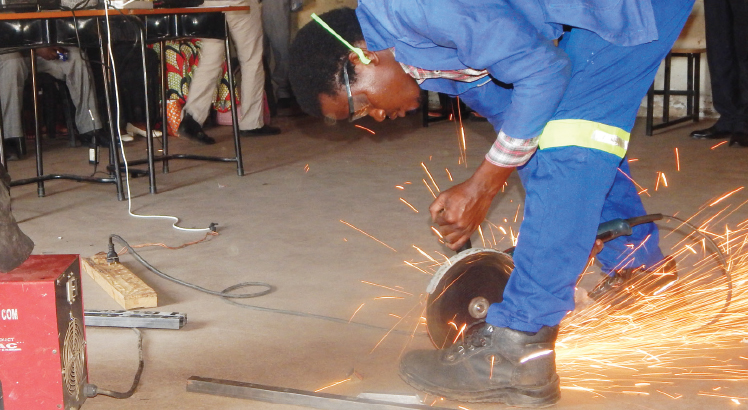
Malawi Energy Regulatory Authority (Mera) has approved a four percent tariff hike for Electricity Supply Corporation of Malawi’s (Escom) based on the utility’s performance against key performance indicators (KPIs).
Initially, Escom was supposed to get a 10 percent electricity tariff hike in line with the four-year Escom Base Tariff Schedule.
Following the four percent tariff adjustment, electricity prices have increased from an average of K104.46 per kilowatt per hour (kWh) to K108.63 per kWh. It comes against a backdrop of continued rising cost of living worsened by the recent 25 percent devaluation of the kwacha and an eight-hour load-shedding schedule.

In an interview on Sunday, Mera consumer affairs and public relations manager Fitina Khonje said in the fourth year, a 10 percent base tariff increase based on performance was expected to be implemented.
She said: “However, Mera conducted an assessment and based on the utility’s performance against key performance indicators, Escom qualified for four percent instead of 10 percent.”
In September last year, Escom proposed for consideration by Mera a 10 percent increase in electricity tariffs.
In a brief response yesterday, Escom spokesperson Kitty Chingota said: “Mera is responsible for tariff issues and on implementation you may contact them.”
Consumers Association of Malawi executive director John Kapito said in an interview yesterday that the tariff hike will hurt consumers at a time the cost of living is rising, adding that this will trigger price increases as production costs will go up.
He said: “This creates a lot of confusion at a time we thought Escom are performing poorly due to the prolonged blackouts.
“No one expected a reward, we all know that Escom has failed to meet the agreed key performance indicators.”
Under the 2018-2022 Escom Base Tariff Schedule, Mera in October 2018 approved a 31.8 percent base tariff for the four-year period.
The implementation of the base tariff was segmented into four annual tranches of 20 percent, 7.2 percent, negative three percent and 10 percent tariff adjustments for the first, second, third and fourth years in that order.
The 20 percent tariff increase for the first year translated into an average tariff hike of K88.02 per kWh up from K73.23 per kWh.
In February 2020, Escom qualified for 1.65 percent instead of seven percent based on performance on the agreed KPIs. Mera awarded a further 5.63 percent based on Automatic Tariff Adjustment Formula, making a total of 7.28 percent tariff adjustment.
On the other hand, the planned three percent tariff reduction of the base tariff in the third year was premised on the planned decommissioning of the Aggreko diesel generators which added 78 megawatts (MW) to the national power grid.
Last Friday, during the launch of private sector labs in Lilongwe, Malawi Confederation of Chambers of Commerce and Industry president Lekani Katandula decried inadequate power supply and high tariffs.
“Insufficient energy and high tariffs rates are among the most binding constraints to production,” he said.
Source: The Nation_June 21, 2022_By Grace Phiri-News Analyst
